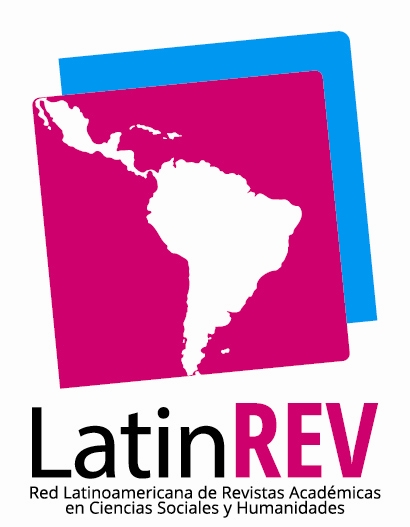Re-thinking Bolivia from the point of view of the philosophy of liberation
Keywords:
bolivian process, indigenous alterity, philosophy of liberationAbstract
Bolivian history, framed by the complexly intertwined Latin American reality, accounts for a process of denial and suppression of the indigenous “other”, which seems paradoxical, since it casts a spotlight on the fact that the majority of the Bolivian population belongs to indigenous groups.This process of marginalization and exclusion of indigenous peoples by a mestizo-criolla minority has been carried out in the form of a thick colonial structure of different layers and levels whose de-naturalization would require a significant effort.However, in spite of oppression, through its thwarted revolutions and institutional moments, all the different fights and popular revolts have made a deep impression in Bolivian memory, where ethnicity plays a relevant role.It is in this sense that the election of Evo Morales as the first president of indigenous origin by the end of 2005 is of significant political and symbolic importance since it sets the ground for a political project of social and cultural de-colonization and intends to re-found State and society within the framework of an inclusive model.In the present work I attempt to make an approximation to the Bolivian political process, one of the richest in the Latin American scenario, in articulation with the considerations of the philosophy of liberation. In this sense, this process would imply, on the one hand, the affirming of oppression and on the other the setting of a baseline for liberation, thus making the oppressed become thehistorical subjects of their own emancipation.
Downloads
References
Dussel, E. (1977). Filosofía de la liberación. Mexico: Fondo de Cultura Economica.
Dussel, E. (1993). “Capítulo 1: Filosofía de la liberación desde la praxis de los oprimidos”, en Apel, Ricoeur, Rorty y la filosofía de la liberación. Con respuestas de Karl-Otto Apel y Paul Ricoeur. México: Universidad de Guadalajara.
Dussel, E. (1994). 1492. El encubrimiento del Otro. Hacia el origen del “mito de la Modernidad”. Plural editores. La Paz.
Fukuyama, F. (1988). ¿El fin de la historia? - Nueva Constitución Política del Estado de Bolivia. Octubre de 2008.
Roig, A. (1993). “Capítulo 6: ¿Qué hacer con los relatos, la mañana, la sospecha y la historia? Respuesta a los post-modernos”, en Rostro y filosofía de América Latina. Mendoza: EDIUNC.
Svampa, M. y Stefanoni, P. (comp.) (2007). Bolivia. Memoria, Insurgencia y Movimientos Sociales. Clacso-Usal. Buenos Aires: Editorial El Colectivo.
Svampa, M.; Stefanoni, P. y Fornillo, B. (2010). Debatir Bolivia. Perspectivas de un proyecto de descolonización. Buenos Aires: Ed. Taurus.
Downloads
Published
Issue
Section
ARK
License
Copyright (c) 2012 Luciana Andrea Navarro

This work is licensed under a Creative Commons Attribution 4.0 International License.






